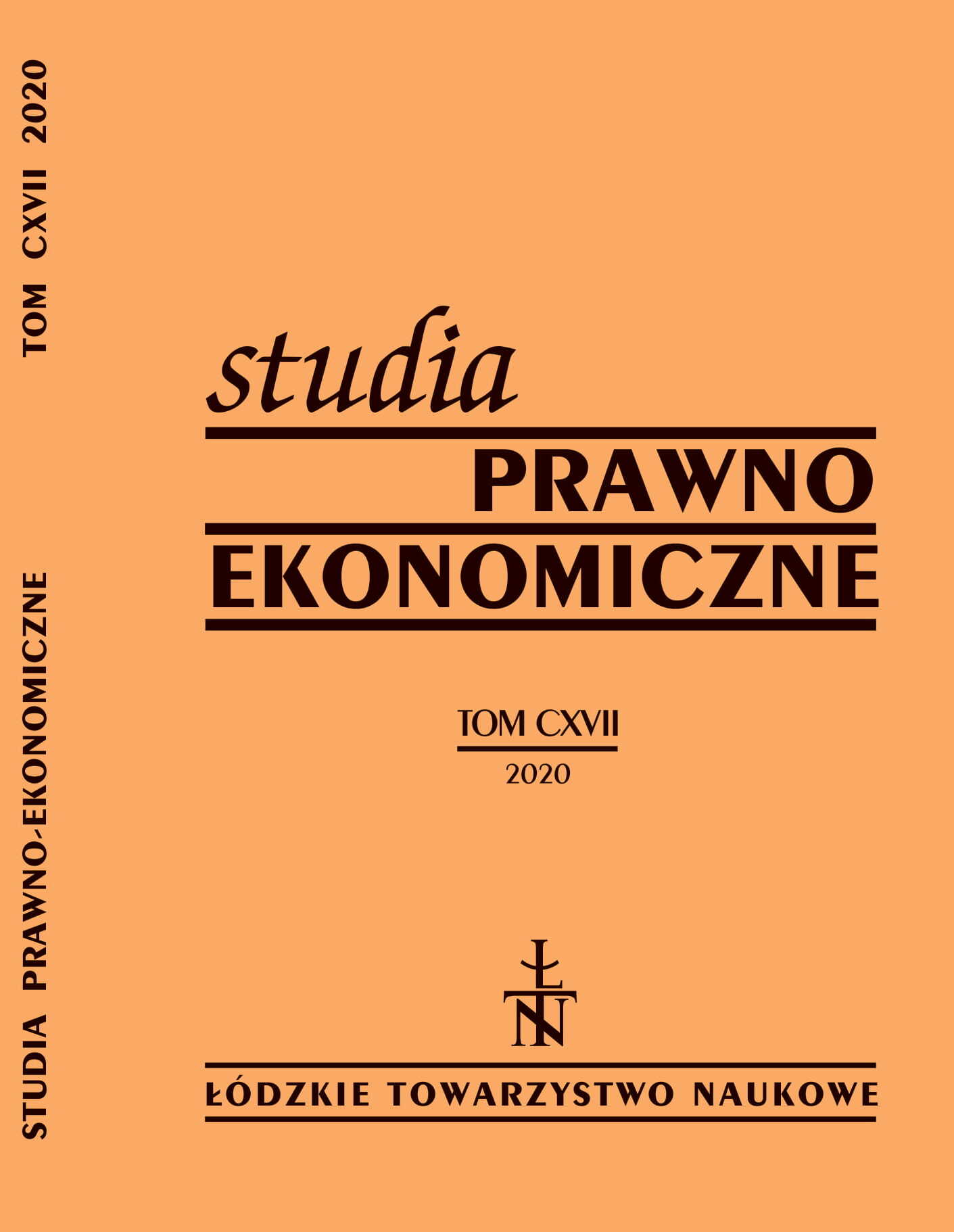Sprawiedliwość podatkowa w zakresie kosztów uzyskania przychodów w podatku dochodowym od osób fizycznych
Tax justice rule in the scope of tax deductible cost in personal income tax
Author(s): Adam MariańskiSubject(s): Law, Constitution, Jurisprudence
Published by: Łódzkie Towarzystwo Naukowe
Summary/Abstract: Background: The tax legislature has a lot of freedom in shaping the tax burden. However, this should not lead to unjustified differentiation of taxpayers’ situations, in particular to different taxation of persons in an equal situation. This would result in a breach of the principle of tax justice. In income taxes, the determinant of fair taxation is taxpayer solvency based on income criterion. In the doctrine of tax law, the ‘ability to pay’ rule is the basis for the principle of fair taxation. The tax legislature should seek to assess a taxpayer’s personal situation in order to assess the tax according to his/her ability to pay. Research purpose and methods: The aim of this research is to analyze how the theoretical assumption of fair taxation is accomplished in the personal income tax act. The object of this research is one of the elements, which shape tax basis – tax deductible costs. This will make it possible to determine whether the ‘ability to pay’ principle is taken into account by the legislature in the process of assessing income by considering an individual’s tax burden. The research was carried out predominantly using the empirical-dogmatic method. Conclusions: The analysis showed that the ‘ability to pay’ rule is not taken into account by the legislator in the process of shaping income, and thus the individual tax burden. The principles of settling tax costs are arbitrarily determined by the legislator under tribute power. This leads to unfair taxation in a horizontal level (horizontal tax justice).
Journal: Studia Prawno-Ekonomiczne
- Issue Year: 2020
- Issue No: 117
- Page Range: 79-97
- Page Count: 19
- Language: Polish

